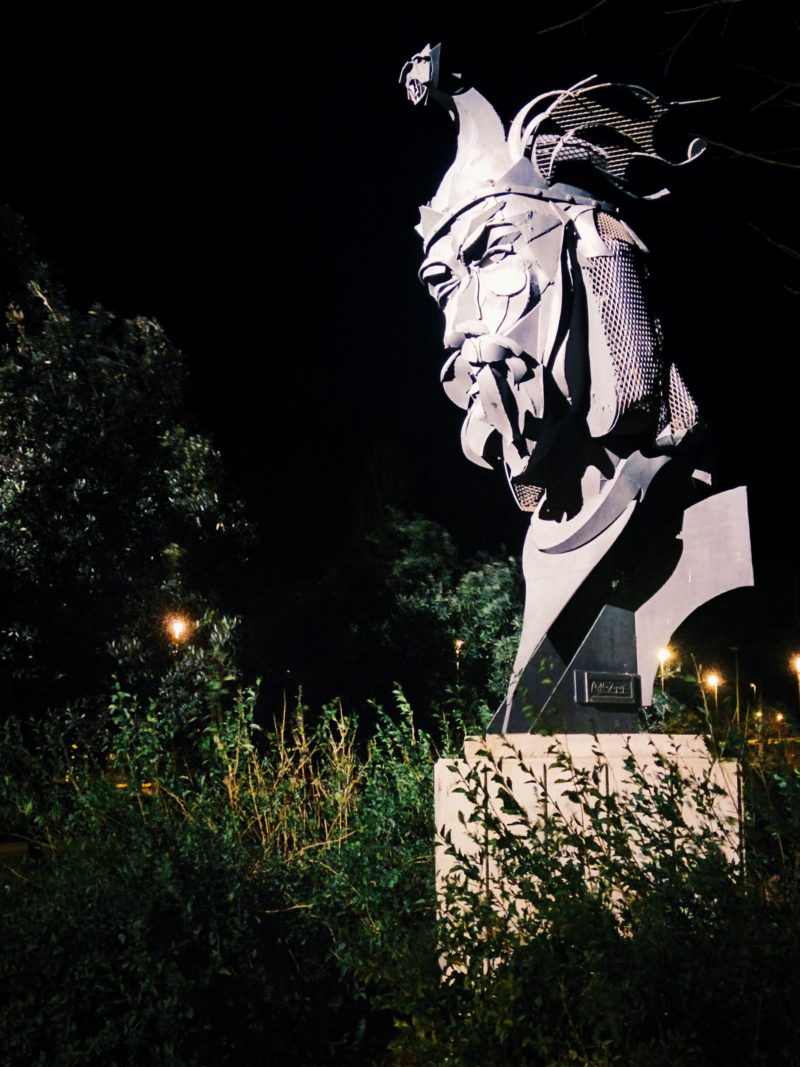“It’s yellow and it doesn’t rust,” I said. “It’s easy to work into jewelry. It’s relatively scarce. That’s all that sets gold apart from other metallic elements. Now, Mr. Turpin, can you think of any rational, objective reason why so many countries use it to back their currency, or why bloody wars have been fought over it?”
It wouldn’t be economics class without Turpin’s daily attack on my authority. This time it was a kind of role reversal, Turpin defending the stodgy principle of intrinsic value while I played the subversive, pointing out how arbitrary the value of a commodity could be.
“What you just said proves my argument,” Turpin said, in his best debating team manner. “There’s a historic consensus that gold is valuable. Otherwise, people wouldn’t use it for money and they wouldn’t fight over it. That proves my point.”
“What point, exactly?”
“That you’re wrong; gold has high intrinsic value.”
“The only point proven is that gold fever is epidemic among heads of state. The value of gold isn’t necessarily based on anything intrinsic. A commodity is worth whatever value people attach to it.” I noticed that Wilde’s walleyed stare was back, even though the reason for it was better hidden than before. She hadn’t moved a muscle since class started. “If you’ll give me a minute, Turpin, I can prove my point by demonstration.”
Wilde stayed oblivious while I walked to her back row desk. In a quick, fluid movement a pickpocket would have been proud of, I yanked out the remote earpiece under her dreadlocks.
“HEY!! GIVE IT BACK!!”
I held it over my head, out of her reach. No pawnbroker would have paid more than a dollar for the earpiece, and the hip-hop coming from it would have been available to Wilde again when school let out a few minutes later. Wilde hopped up and down, trying to retrieve it. The class erupted with laughter, and the students sitting around Turpin smirked at him. As usual, Turpin had lost the debate.
#
author bio:
 Robert Laughlin lives in Chico, California, and received his BA from California State University, Sacramento. In addition to his “Men at Work” series, he has published 100 flash stories; two of his longer stories are storySouth Million Writers Award Notable Stories. Mr. Laughlin’s author bio is at www.pw.org/content/robert_
Robert Laughlin lives in Chico, California, and received his BA from California State University, Sacramento. In addition to his “Men at Work” series, he has published 100 flash stories; two of his longer stories are storySouth Million Writers Award Notable Stories. Mr. Laughlin’s author bio is at www.pw.org/content/robert_